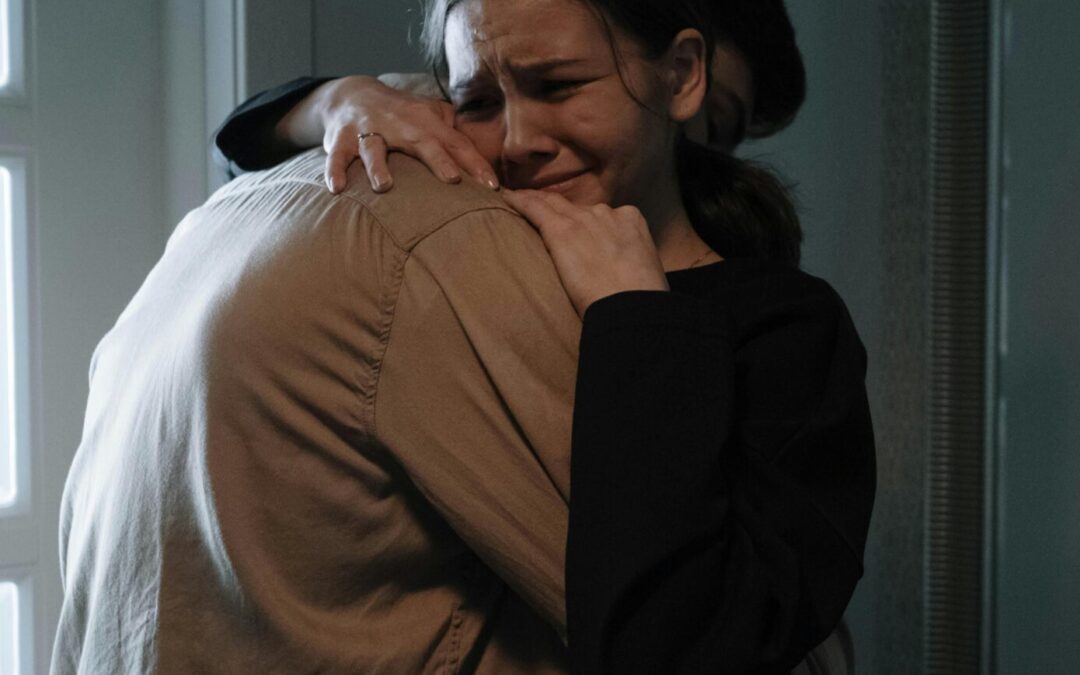our blogs
Current Post

Music and our Mental Health
Kayla Winters, LPC
Counselor, Insight Clinical Counseling and Wellness, LLC
What do all these artists have in common, Post Malone, Morgan Wallen, Cardi B, and Luke Combs?…… Any guesses?….They could all be on someone’s mental health playlist.
You might be asking yourself, what does music have to do with mental health and how are playlists involved? At least I hope you’re asking these questions because music and mental health are very important separately. Music allows us to feel connected to others regardless of age, religion, or language. We can listen to a song and understand the emotion that it is trying to convey. It also inspires us and fuels our creativity so that we can reach further milestones in our journey. Mental health on the other hand creates a journey to a better space for our feelings and emotions. It allows us to address and heal from things that we can’t describe. So, when we use both music and mental health together, they create an environment of endless potential. How does it do that?
To better explain how music helps mental health, we first must explore a scenario that most individuals have seen in their lifetime. A high school football game. Imagine sitting on the bleachers and watching the football warm up. What do you hear in the background? Music? What kind of music? It’s probably something that makes you feel hyped up like Thunderstruck by ACDC for example. This selection of music is usually played to get the football team ready to win a game which is inspiring motivation. A prime example of music and mental health being used as a tool for the potential of wining. Let’s take it a step further, what if they play the same selection of songs for the team to warm up to every home game? This would be a playlist designed to help motivation. See where I’m going with this? Playlists are ways for us to create our own personal experience with music and allow it to impact our mental health in various ways.
Playlists can be used to help motivate, inspire, manage stress and so much more. It is up to you to create the playlist dependent on your intentions and what you want to get out of it. Maybe you want to feel happy when you get ready for the day, so you put Walking on Sunshine into your playlist. Or maybe you just experienced grief and you need a playlist to help you feel those difficult emotions and heal. You can do that too! Playlists are not only for certain emotions but can be used for a variety of situations as well. As an added plus, you can also seek a counselor who can help you create these playlists and analyze your thoughts to get the best out of your new learned tool.
Music is involved with our day to day lives so why not use it as a tool to help you along your journey, you deserve it. To make an appointment for services at Insight, please call 330-397-6007 or visit our website at www.insightclinicalcounseling.com
Latest Posts

You Don’t Have to be a Monk to ‘Meditate’
So many of my clients have shared with me that meditation (mindfulness) coping skills ‘Don’t work for me!’ or ‘They make my anxiety worse!’ or ‘I could never sit and think about nothing!’ Maybe you can relate? For most of us, when we think of meditating, we think of a monk sitting cross legged on the floor experiencing a state of quiet and focus. Honestly, that’s what comes to my mind too.

Secondary Infertility
Two years after our first child, my husband and I felt we were ready to add another to our family. Little did we know the second time around would be a very different experience. Long before trying for our second child, I recall having read an article about secondary infertility. It stuck with me, even though it wasn’t my reality yet. Secondary infertility is the inability to conceive or carry a baby to term after previously giving birth.

Narcissistic Abuse and Relationships
Social media and pop culture has recently brought awareness of narcissistic abuse into the light, making it the topic of podcasts, tv series, books, and day-to-day conversation. A lesser known term, antagonistic relational stress, which encompasses the feelings of helplessness, hopelessness, confusion, isolation, and invalidation when one is in a relationship with a psychologically harmful person.
Our Locations
Request Appointment
Contact

Copyright © 2025 Insight Clinical Counseling & Wellness, LLC. All Rights Reserved.

Our Locations
follow us
Instagram
Facebook
LinkedIn
